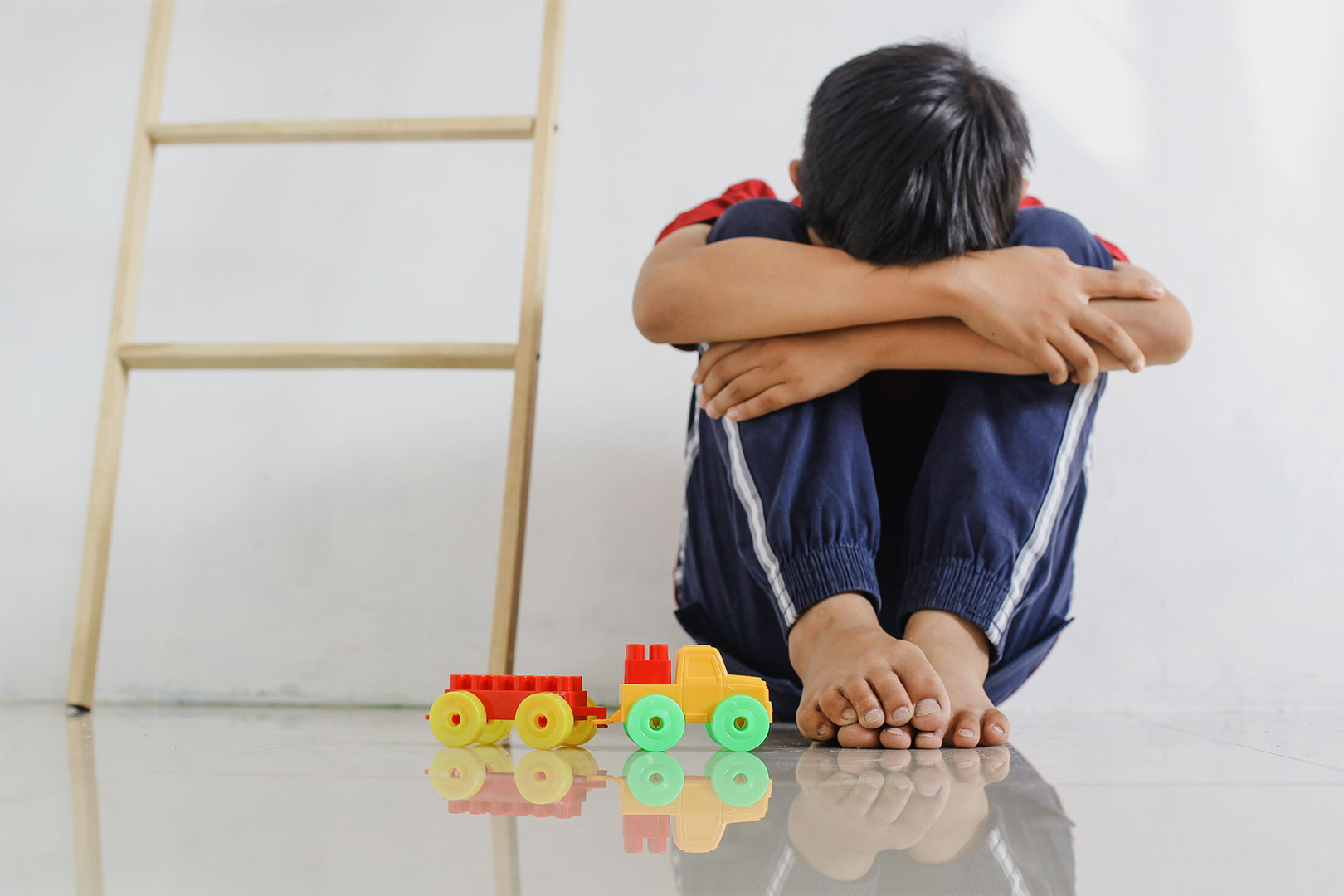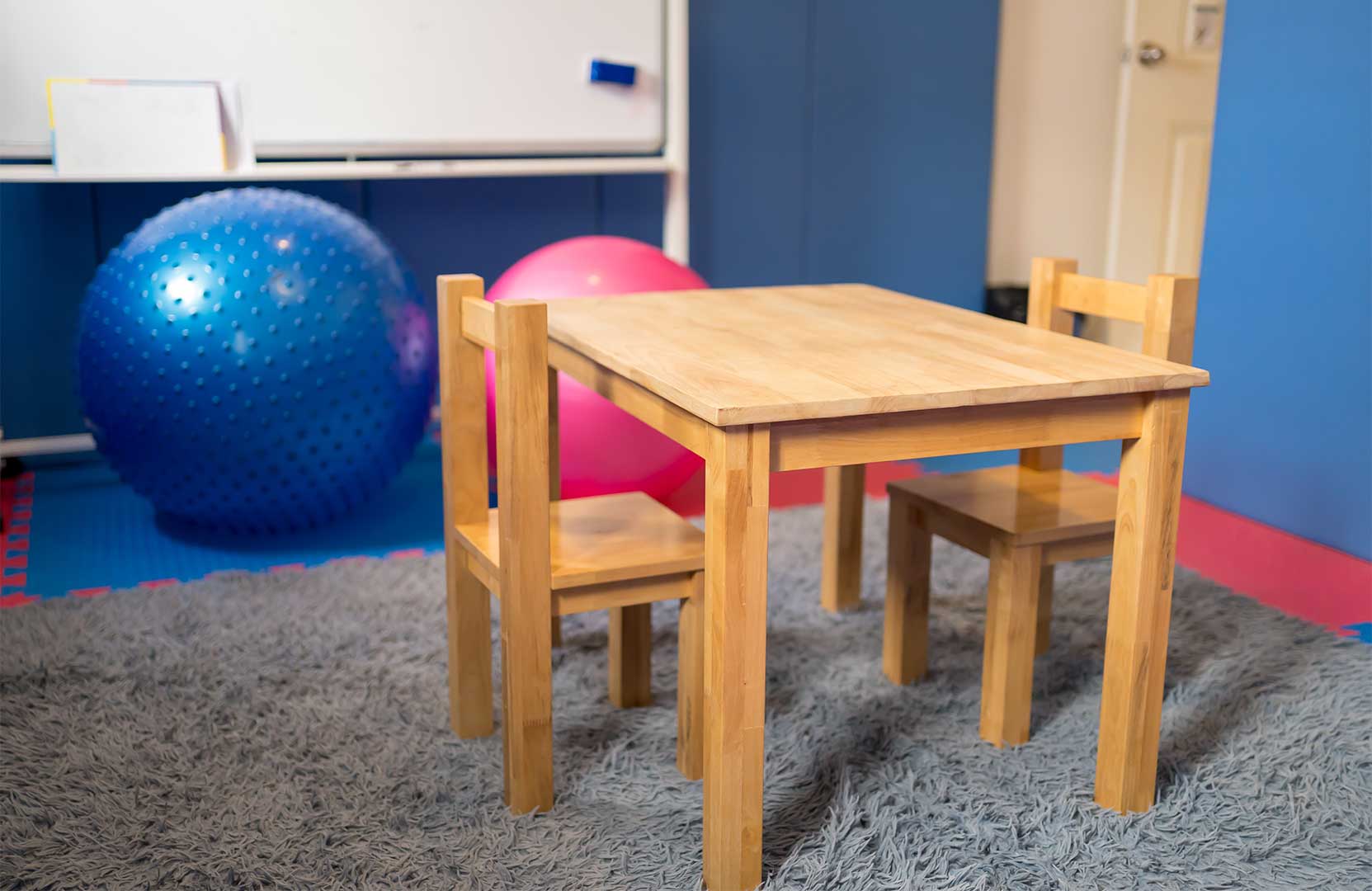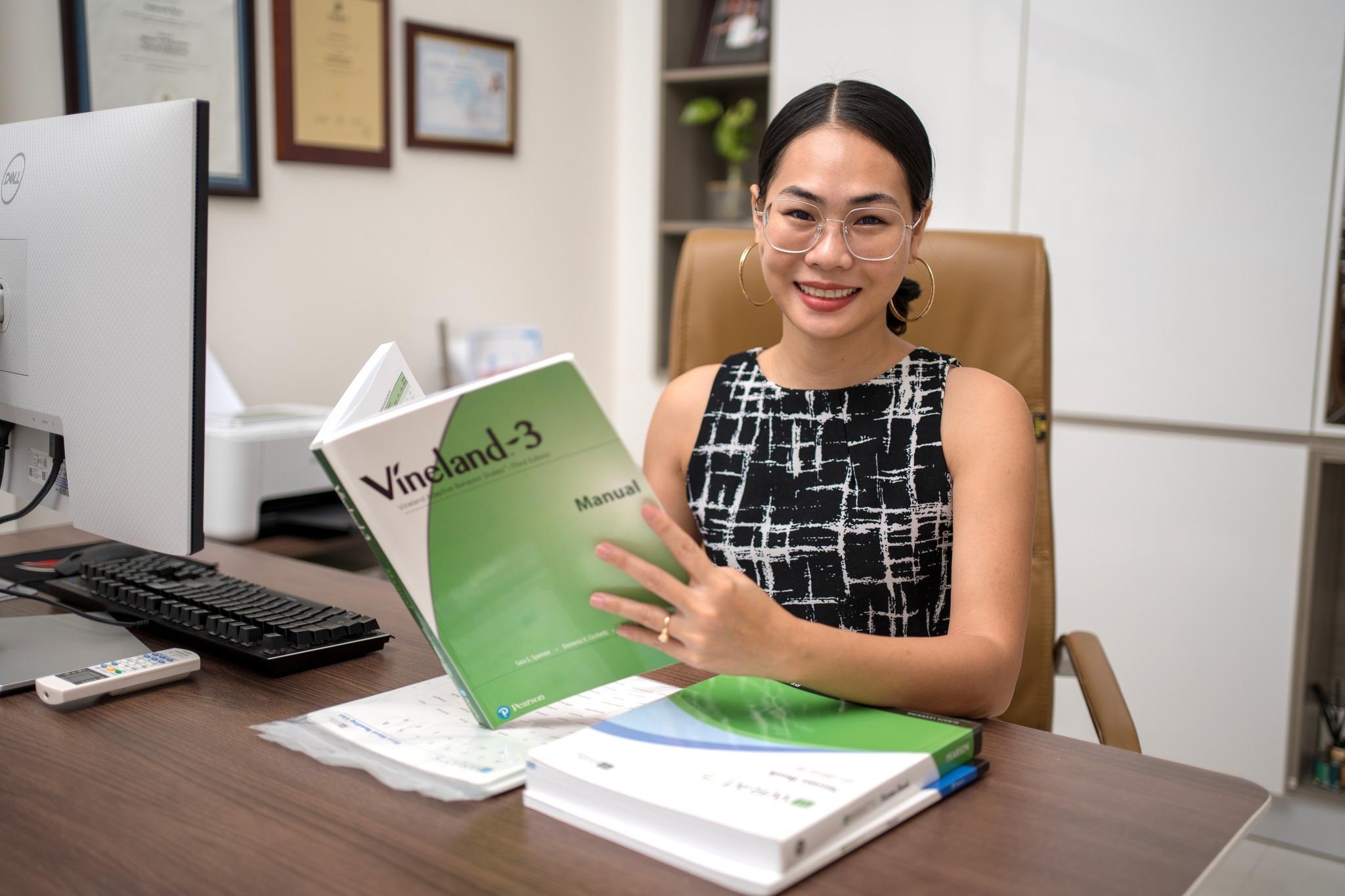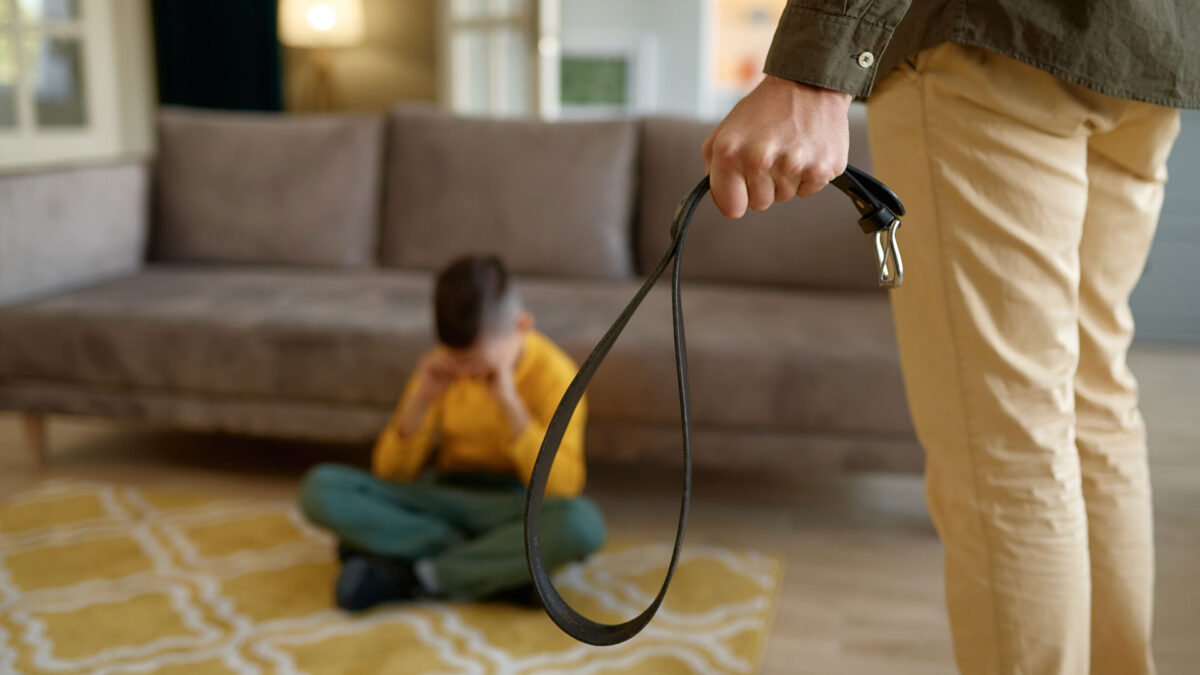Childhood disabilities can be a challenging and overwhelming experience for families. However, there are many resources available to help children with disabilities reach their full potential. In this blog post, we will discuss the different types of childhood disabilities, the signs and symptoms to look for, and the available resources for families.
There are many different types of childhood disabilities, including:
- Physical disabilities: These disabilities affect a child’s movement or coordination. Examples of physical disabilities include cerebral palsy,spina bifida, and muscular dystrophy.
- Intellectual disabilities: These disabilities affect a child’s ability to learn and think. Examples of intellectual disabilities include Down syndrome, autism spectrum disorder, and fragile X syndrome.
- Communication disabilities: These disabilities affect a child’s ability to communicate with others. Examples of communication disabilities include speech and language delays, hearing loss, and autism spectrum disorder.
- Behavioral disabilities: These disabilities affect a child’s behavior. Examples of behavioral disabilities include attention deficit hyperactivity disorder (ADHD), oppositional defiant disorder (ODD), and conduct disorder.
The signs and symptoms of childhood disabilities can vary depending on the type of disability. However, some common signs and symptoms include:
- Delayed development: Children with disabilities may reach developmental milestones later than other children. For example, they may not start walking or talking as early as other children.
- Difficulties with learning or thinking: Children with disabilities may have difficulty learning new things or understanding concepts. They may also have difficulty with tasks that require problem-solving or reasoning.
- Communication difficulties: Children with disabilities may have difficulty communicating with others. They may have difficulty speaking, understanding language, or using sign language.
- Behavioral problems: Children with disabilities may have behavioral problems. These problems can include aggression, tantrums, or self-injury.
If you are concerned that your child may have a disability, it is important to talk to your doctor. Your doctor can assess your child and recommend further testing if necessary.
Childhood disabilities can be a challenging and overwhelming experience for families. However, there are many resources available to help children with disabilities reach their full potential. If you are concerned that your child may have a disability, it is important to talk to your doctor. Your doctor can assess your child and recommend further testing if necessary. There are also many resources available to help families of children with disabilities. These resources can provide information, support, and services.
Find out if your child needs extra support today!
- My child screams hysterically
- My child is mean to other children
- My child is always worried
- My child is scared to go to school
- My child is scared of loud noises
- My child doesn’t know how to read
- My child is scared to play outside
- My child does not respond to his name
- My child always gets in trouble
- My child fights with other children
- My child doesn’t know how to count
If you are concerned about your child’s development, contact us for Assessments: Phone/Telegram: 077.455.993 – Telegram Link: https://t.me/OrbRom
If you are concerned about your child’s development, contact us for Assessments.
Phone/Telegram: 077.455.993 Link: https://t.me/OrbRom






Leave A Comment